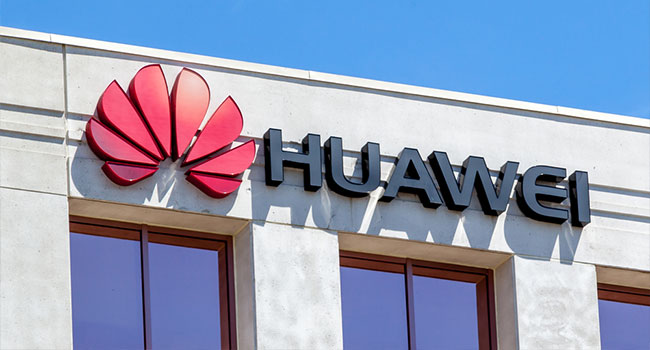
Commerce Secretary: Licenses For Companies to Sell Exports to Huawei Are Coming “Very Shortly”
The government has received over 200 requests from American companies to continue doing business with Huawei.
- By Haley Samsel
- Nov 05, 2019
Amid intense negotiations with China over a possible trade deal, some American companies hoping to continue selling exports to tech giant Huawei will be granted licenses “very shortly,” Commerce Secretary Wilbur Ross said on Saturday.
In an interview with Bloomberg News, Ross said the government has received 260 requests from U.S. companies that want permission from the administration to sell to Huawei. The company, which provides many parts used in video surveillance and security systems, was placed on the Commerce Department’s “Entity List” in May for national security concerns. Dozens more were placed on the list last month, including several security technology companies like Dahua and Hikvision.
Organizations on the Entity List cannot purchase American software and products without special permission from the government, which Ross says “will be forthcoming very shortly.”
“That’s a lot of applications -- it’s frankly more than we would’ve thought,” Ross said in the interview, referring to the number of license requests. “Remember too with entity lists there’s a presumption of denial. So the safe thing for these companies would be to assume denial, even though we will obviously approve quite a few of them.”
American business will likely take a hit if they are not allowed to continue some business with Huawei, since the company could buy some of its components from competitors in South Korea, Japan and Taiwan, according to Bloomberg.
President Donald Trump has expressed support for the licenses in the past. In June, after meeting with Chinese President Xi Jinping in Japan, Trump said that he had “easily” agreed to permit American companies to continue selling certain exports to Huawei. Later, the president said that he would accelerate the approval process for licenses.
Still, no licenses have been granted to U.S. firms, leaving several organizations in limbo over whether or not they will lose out on revenue from Huawei.
In addition, several rural telecommunications companies have expressed major concerns over the costs of replacing all Huawei equipment with other components. Lawmakers have introduced legislation to help with costs, and the Trump administration granted a 90-day extension for companies to do business with Huawei in August.
About the Author
Haley Samsel is an Associate Content Editor for the Infrastructure Solutions Group at 1105 Media.